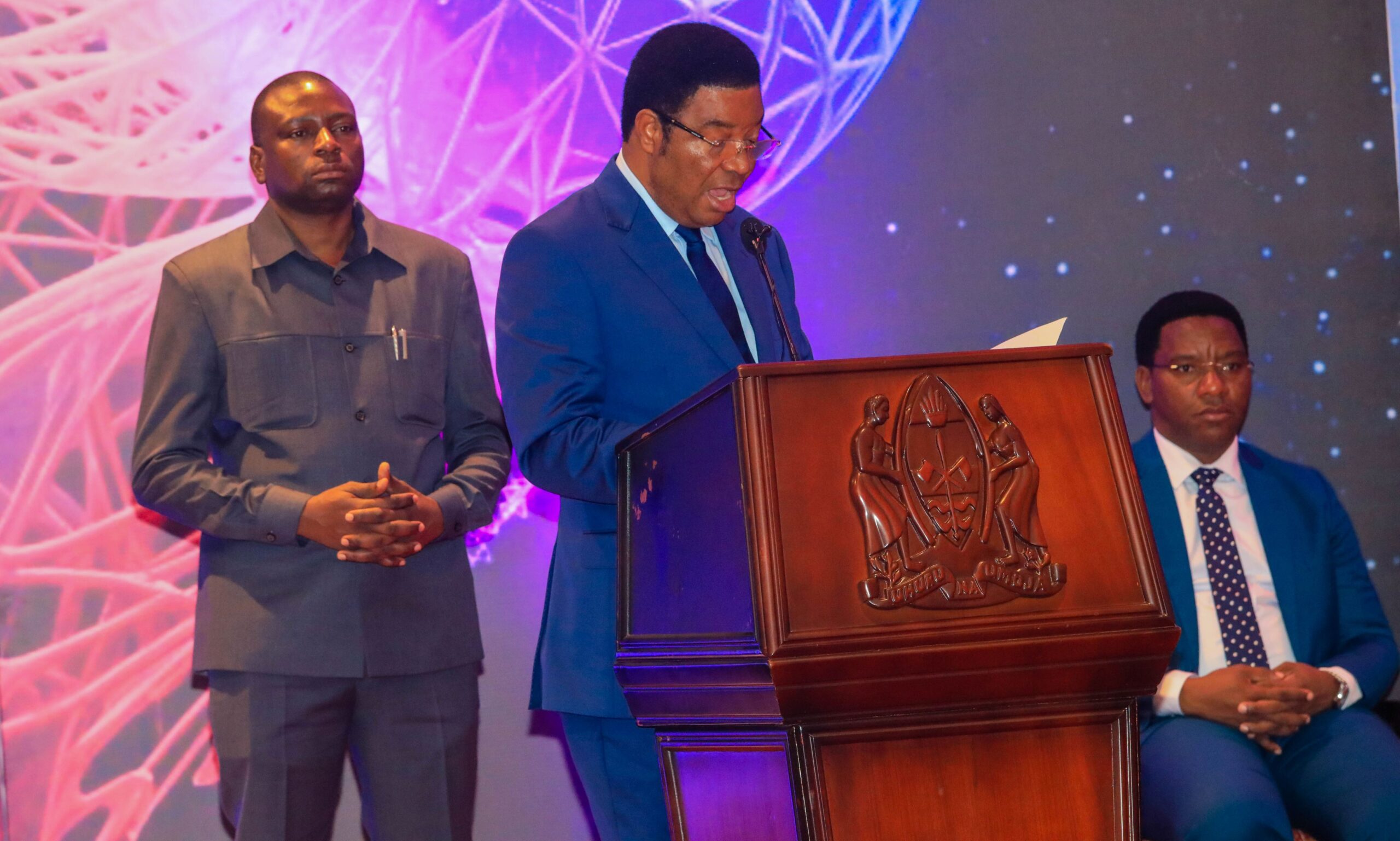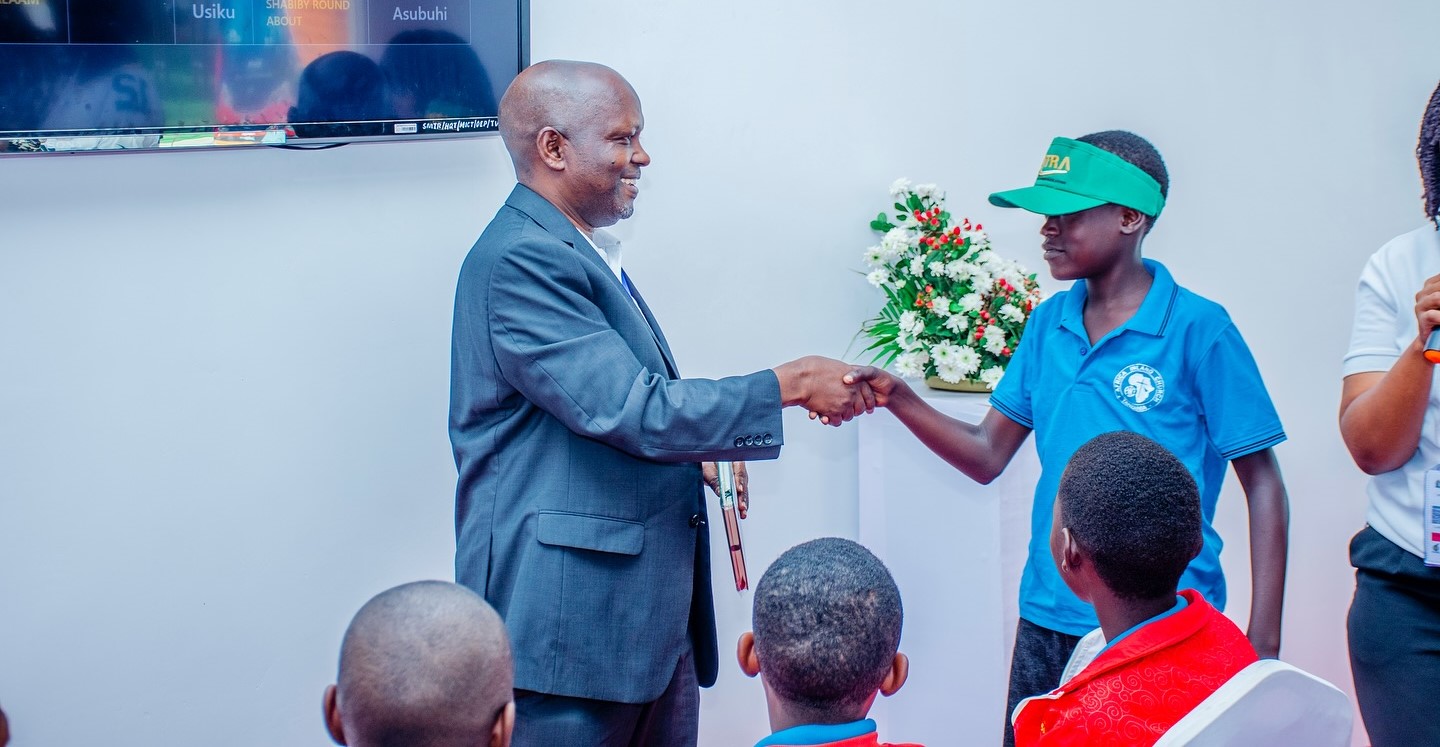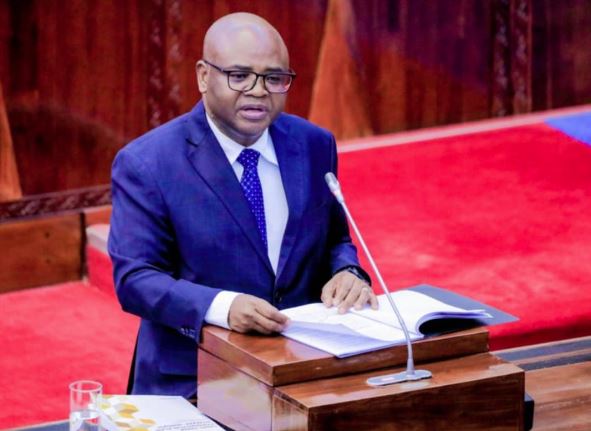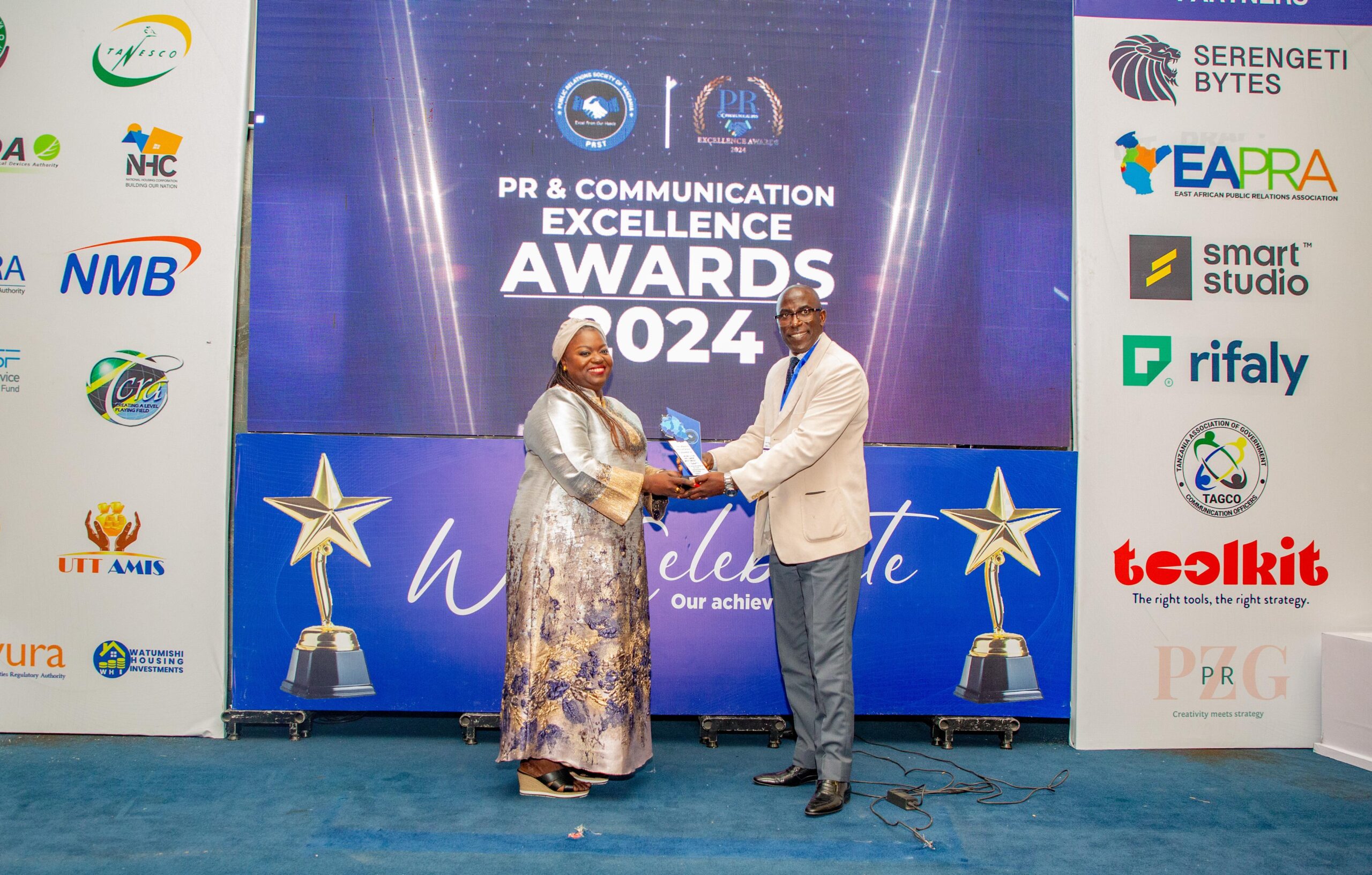Dar es Salaam. Minister for Minerals Anthony Mavunde has officially launched a new strategy to boost local processing of critical minerals.
The initiative, dubbed the Manufacturing Africa – Critical Minerals Value Addition Study, was unveiled on Thursday, May 8, 2025, marking a major milestone in Tanzania’s plan to industrialize through its vast mineral resources.
During the launch, Minister Mavunde emphasized the Tanzanian government’s commitment to implementing meaningful reforms in the mining sector, with a focus on prioritizing value addition for strategic minerals such as nickel, graphite, lithium, and rare earth elements.
This initiative is part of a broader national agenda to reduce the export of raw minerals, create employment opportunities, stimulate technological advancement, and position Tanzania as a regional hub for the manufacturing of mineral-based products—particularly those used in electric vehicles and renewable energy technologies.
He emphasized that the directive came from President Samia Suluhu Hassan, who has instructed that strategic minerals be processed locally to support Tanzania’s goal of becoming a competitive industrial economy.
The government is working to improve infrastructure, enhance professional capacity, and implement policies and incentives that will attract both domestic and foreign investment into mineral beneficiation and manufacturing.
“This is a transformative step toward building an industrial economy. Our goal is to use our own minerals to generate greater national value, create jobs, and bring modern technologies to Tanzania,” Mr Mavunde noted.
He further highlighted that Tanzania is richly endowed with critical minerals that are central to the global energy transition and technological advancement.
“By investing in the local value addition of these minerals, Tanzania is preparing to become a key supplier of advanced materials for international markets,” he added.
Minister Mavunde added that the study will also assist the government in identifying strategic zones for the development of mineral processing industries, while unlocking new economic opportunities that will boost inclusive development and strengthen Tanzania’s role in regional and global mineral value chains.
The Critical Minerals Value Addition Study is not just a technical document, but a strategic roadmap for building a modern industrial base in Tanzania.
With political will, international support, and natural resource wealth, the country is laying the groundwork for a mineral-powered economic transformation.
This launch marks the beginning of a focused national effort to move up the value chain—transforming Tanzania from a raw exporter into a producer of refined mineral products capable of driving long-term, inclusive, and sustainable economic growth.
The event, held in Dodoma, was attended by stakeholders from the mining sector, investors, government officials, and development partners.
Among them was the British High Commissioner to Tanzania, Marianne Young, who expressed strong support for Tanzania’s mineral beneficiation ambitions.
She affirmed that the launch of the report reflects the deepening bilateral ties between the United Kingdom and Tanzania, particularly in strategic sectors like mining.
Ambassador Young also outlined the ongoing cooperation between the UK’s Geological Survey and Tanzania’s Geological Survey (GST) in deep mineral exploration and knowledge exchange.
This collaboration forms part of the broader Mutual Prosperity Partnership (MPP) between the two countries, launched in 2024, which aims to promote joint economic growth and attract direct investment—especially in industries that utilize critical minerals as core raw materials.







